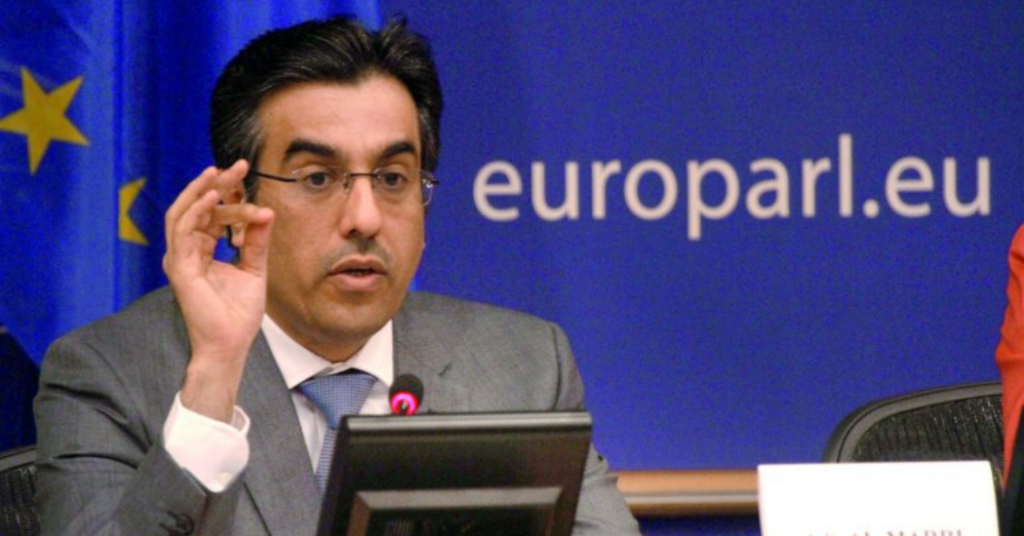It is uncertain what specific changes will be made to improve the rights of migrant workers in Qatar after the 2022 World Cup, as it would depend on the actions of the government and other stakeholders. However, it is likely that the government will continue to face pressure from international organizations and rights groups to improve the conditions for migrant workers, as well as to address ongoing concerns about labor rights abuses. Observers and Critics agree and disagree on how Qatar changes because of the world cup.

One of the key reforms implemented by the Qatari government has been the introduction of a new labor law, known as Law No. 21 of 2015, which strengthens the rights of migrant workers and increases the penalties for employers who violate these rights. The law includes provisions for better working conditions, including reasonable working hours, rest days, and paid leave, as well as protections against discrimination and abuse.
According to Ali bin Samikh Al Marri , Qatar minister of Labor, “Qatar has undergone a number of reforms in the labor sector since the abolition of the sponsorship system in 2015, and until this year, which saw the decision to raise the minimum wage, establish a specialized committee to protect the minimum wage, in accordance with the recommendations of the comprehensive independent assessment, establish a fund to support and secure workers, and adopt a policy of inspection of workplaces and occupational safety and health systems in accordance with international standards,” he said.
Ali bin Samikh Al Marri the Minister of Labor and Social Affairs. In his role as labor minister, he made efforts to improve the rights of migrant workers in Qatar, including implementing new laws and regulations to protect their rights and improve working conditions. He also worked to increase the role of Qatari citizens in the workforce and reduce the dependence on foreign labor. However, it is important to note that Qatar’s labor laws and conditions for migrant workers have been widely criticized and there have been ongoing concerns about labor rights abuses in the country.
In a letter published by the Financial Times in December 2021, the minister said, “We are the first country in the region with an International Labour Organization office, whose mandate will continue beyond 2022. Working with the ILO, we introduced laws in line with international best practice. The next step has been to ensure that changes are fully implemented by shifting the deeply ingrained cultural attitudes of employers.”
Ali bin Samikh Al Marri is a Qatari politician and human rights experts. Prior his ministerial role, he was the chairman of National Human Rights Committee (NHRC) and was known of his role in enacting many human rights reforms. On 20 March 2021, Qatar’s Ministry of Labor announced a non-discriminatory minimum wage reform that will apply to all workers in all sectors and of all nationalities, including domestic workers. bottom. Last May, It launched a unified complaints and disputes platform, allowing all members of society to submit reports of violations by employers. In October 2021, Qatar held its first general elections electing two-thirds of the Advisory Shura Council, electing her 30 of her 45 members on the Council by popular vote. . With a voter turnout of 63.5%, the election sparked “violent public debate and limited demonstrations by representatives of certain tribes discriminated against by electoral rules.” Qatar Daily

























